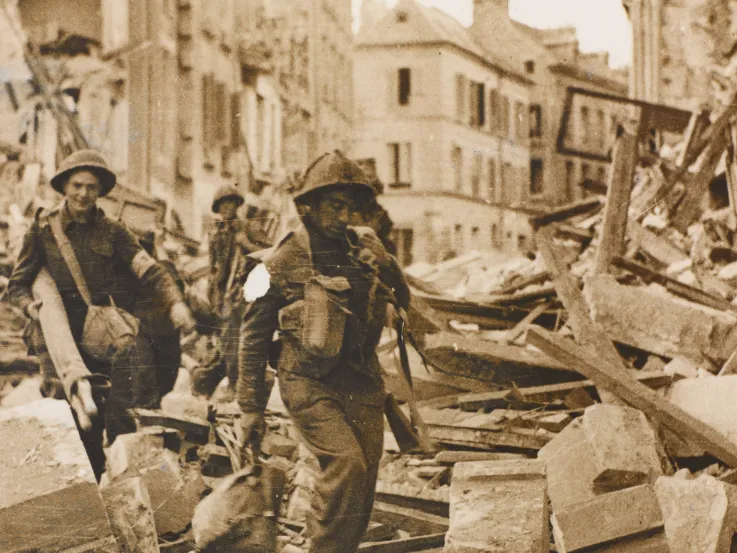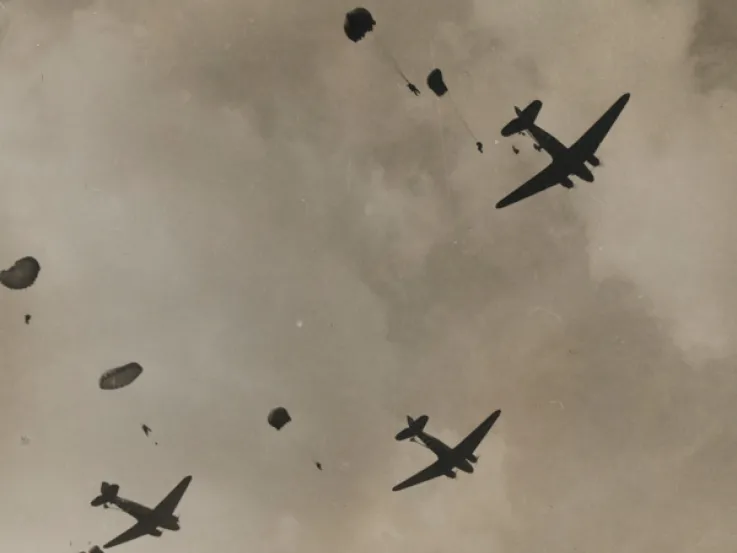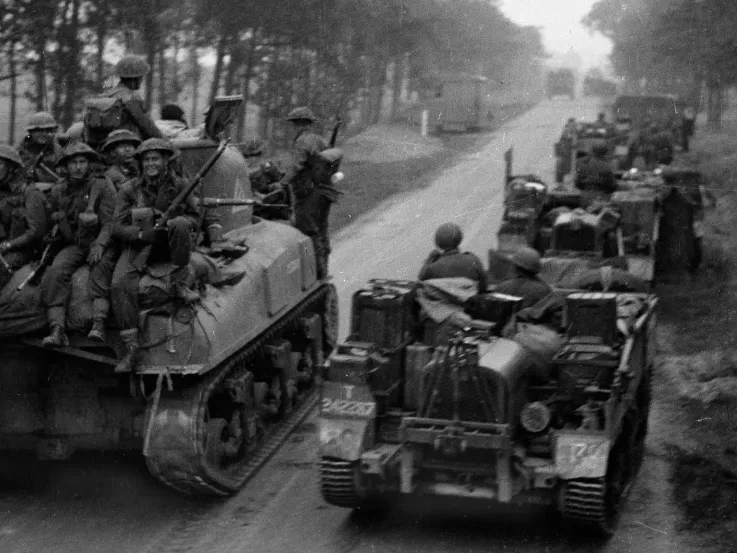Arnhem, 1944

Join historian William Buckingham for this talk marking the 75th anniversary of the Battle of Arnhem.
The Battle of Arnhem was a major turning point in the Second World War.
On 21 August 1944, German forces were destroyed in Normandy. Allied troops began pressing east from the beachhead they had occupied since the D-Day landings. Within days, British troops had liberated Brussels and reached the Dutch border.
Encouraged by what seemed to be total German collapse, the Allies gambled their overstretched resources on a high-risk strategy which aimed to open the way into Germany by crossing the River Rhine.
On the afternoon of Sunday 17 September, British tanks advanced into Holland along with 1,534 transport aircraft and 491 gliders. Their objective was a series of bridges across the Rhine, possession of which would allow the Allies to advance into Germany.
The operation suffered from bad weather, flawed planning and overconfidence. It ended with the bridge at Arnhem still in German hands despite an epic nine-day battle that cost the British 1st Airborne Division over two-thirds of its men.
William F Buckingham is a leading expert on the First and Second World Wars. He has taught history at the University of Glasgow for over a decade and is currently a tutor in the Widening Access Department.
After the talk, there will be a book sale and signing of his new publication, 'Arnhem: The Complete Story', one of the most comprehensive accounts of the battle to date.



